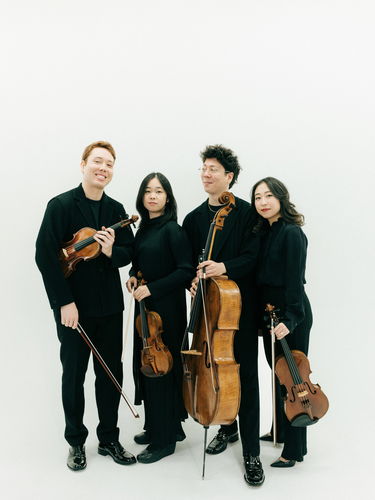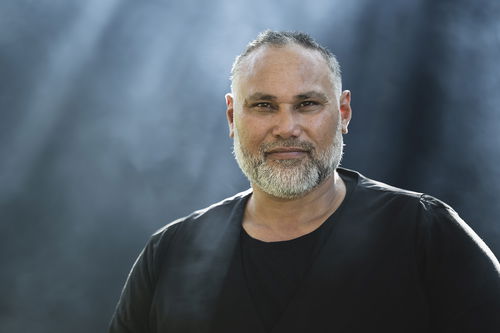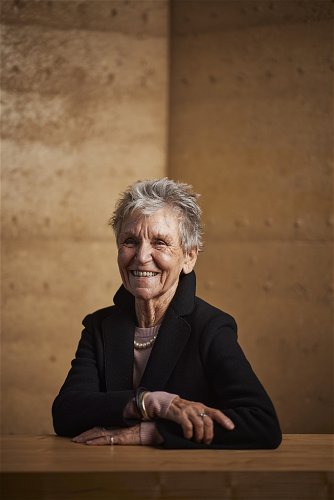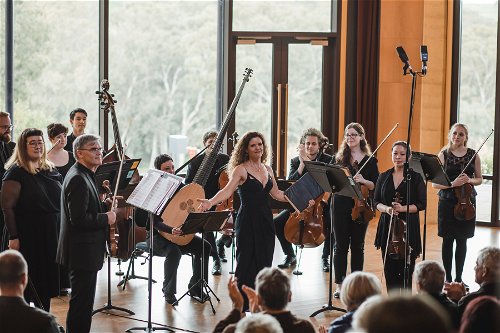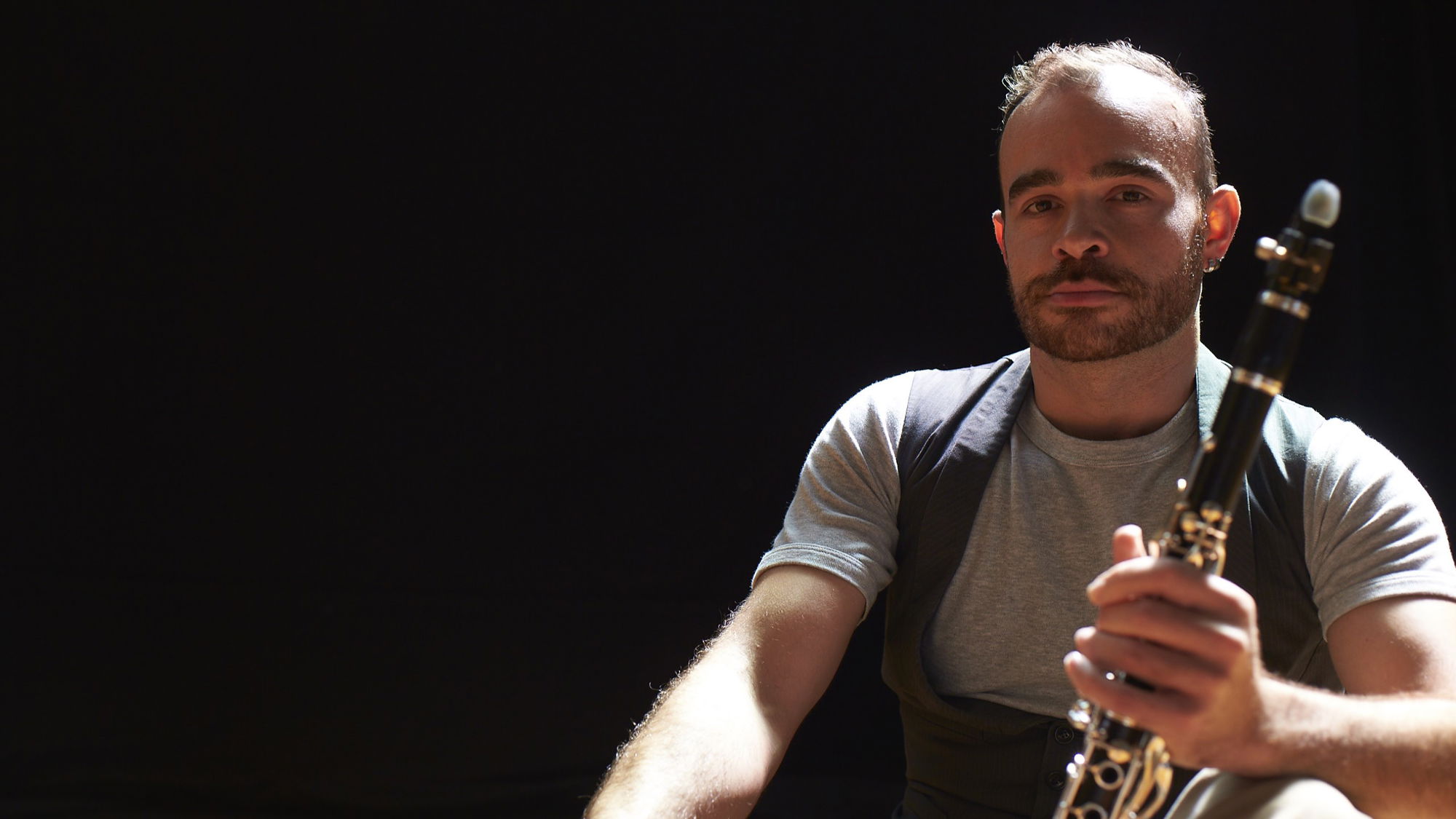
OUT OF MY COMFORT ZONE: CONVERSATIONS WITH ASHLEY WILLIAM SMITH
BY TAHLIA WILLIAMS
On Friday 6 September, eight members of the Southern Cross Soloists will join the James Morrison Quartet and legendary jazz pianist Marian Petrescu for a performance that aspires to propel all thirteen musicians out of their comfort zones. Tahlia Williams met with clarinettist and Co-Artistic Director Ashley William Smith to learn more about their collaboration with James, the role of improvisation in transcending genre-divides, and the sublime potential in taking risks.
Ashley William Smith, known as Ash, is the clarinettist and Co-Artistic Director of Southern Cross Soloists (SXS), an ensemble he describes as ‘a collection of musicians from all around the country, with a focus on Queensland.’ Next year, SXS will be celebrating its thirtieth birthday, cementing its legacy as one of Australia’s longest-serving chamber music organisations. ‘In the last five years, the ensemble has really changed shape, and now we're looking at a lot of projects where we work with First Nations artists. That’s where our first collaboration with James Morrison actually happened: as part of our didgeridoo commissioning project, James wrote a piece for us. That was a collaboration where we were not only working with didgeridoo and First Nations artists, but we were also coming at it from a classical standpoint and semi-improvising as well.’
The concept of different genres and cultural traditions intersecting with classical music through the art of improvisation is one which Ash argues is neither contemporary nor radical. ‘Personally, I think even as a classical musician the root of all music is improvisation. So when a composer – particularly a classical composer – writes music, what they're actually giving you is their best version of an improvisation. And you can go back and look at composers like Beethoven, who was known more as an improviser and less as a composer during his own lifetime. What makes him such an awesome composer is his ability to transform those improvisations into what we call a ‘fixed performance work’ or ‘fixed notation’. I think that's the standpoint we're coming from; that all classical music is in fact improvisation. The way we approach music, is we want it to be fresh and alive.’
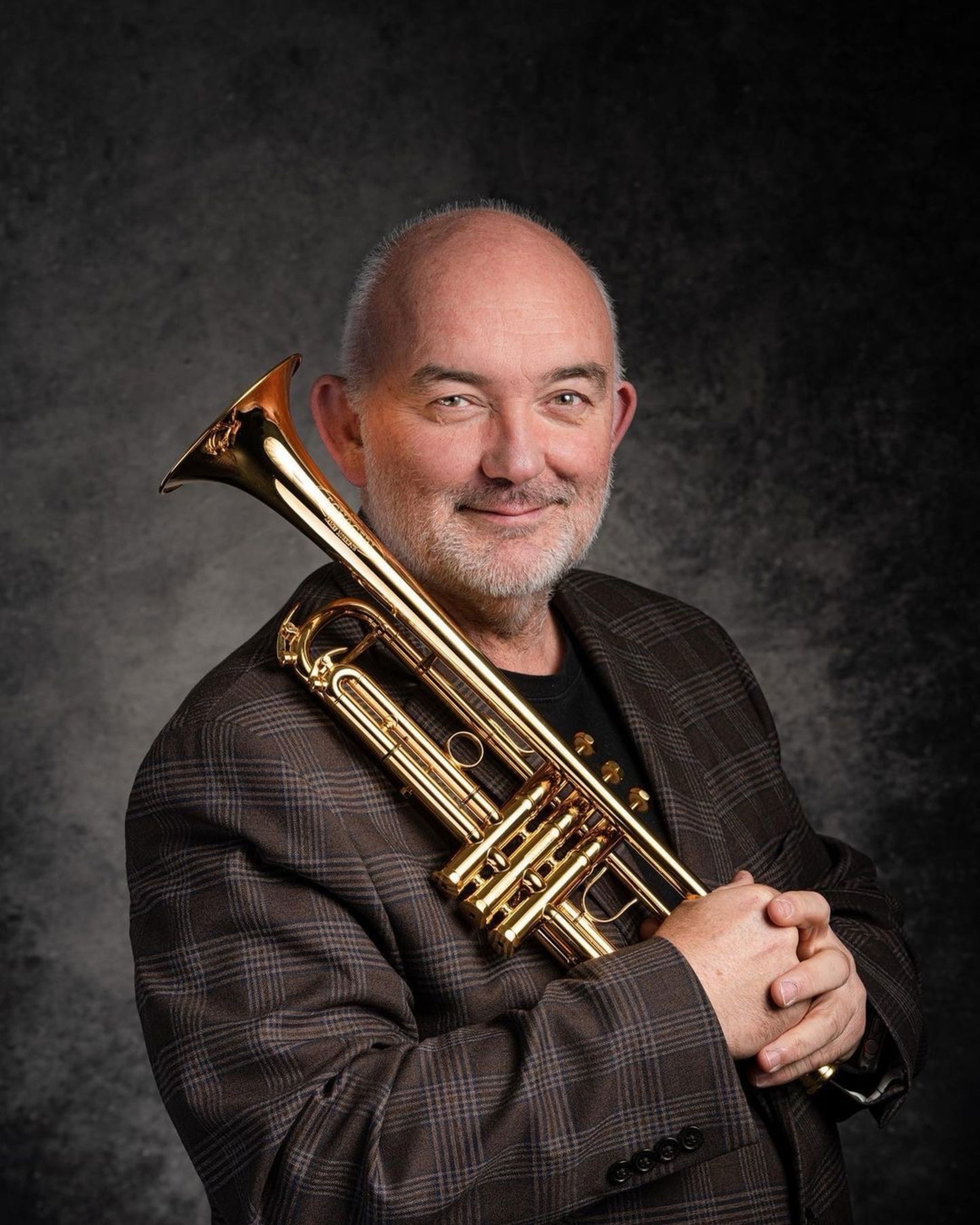
For this program, James considered the genre-divide between jazz and classical music, and defines this collaboration as taking him ‘out of his comfort zone’. While many of the SXS musicians specialise in contemporary and avant-garde performance, which crosses-over with jazz improvisation to some degree, Ash resonates with the element of risk in this collaboration. ‘I play in an improvisation ensemble already, but it's very different to jazz. It's actually much freer than jazz, and that actually brings up something really interesting, which is that improvisation is less about freedom and more about putting limitations in place. It’s going to be interesting to see what the limitations are that James is giving us: are we going to be playing particular jazz scales, particular harmonies? Is that how it's going to work, or is it going to be free? The art of really great improvisation is actually the skill of listening and knowing when not to play, as much as it is about when to play. It's just like playing Mozart actually: every contribution you make is really important and it absolutely has to be there. If there's an option of it not being there, you don't do it. And that's how you play Mozart: it's so perfect within itself that you don't need to do a lot to it. If there's the option of staying back, you take it. That’s why we're playing Mozart in the concert, actually.’
As James questions whether the ‘the written note and the freedom of improvisation can co-exist in harmony’, Ash recalls the rich heritage of such explorations in the avant-garde movement of the twentieth century, when ‘lots of composers outside of jazz played around with this idea of freedom versus restriction. The premise of the music is that there's a conflict between these two things, and what makes it exciting is that some ideas are fixed and then some ideas are changeable.’ While we tend to associate these concepts of improvisation and compositional technique with certain genres, Ash affirms that the genre-divide between jazz, classical and avant-garde music can be blurred through projects such as this. ‘That's why these projects are really valuable. It's testing you as a musician as well; this is where musicians grow. Putting a score in front of me with a conductor means I'm just executing a skill that I've already got, but when you're going into something like this and you don't quite know what's going to happen, that's where artistic growth occurs, and that's why something like this is really vital. That’s the essence of UKARIA in a way, actually; the whole premise of UKARIA is about growth. It's not about doing what's been done before; it’s about offering a space to change music and change musicians. I think this project really hits that.’
While Ash can’t contain his admiration for James Morrison’s artistic prowess (‘it's hard to ignore the elephant in the room; the fact that he’s a phenomenal musician and we've got so much to learn from him’), James himself has expressed his desire to continue to expand his horizons by ‘exploring the more “edgy” of the reasons for collaboration, to get out of my comfort zone, to realise a dream and to go further than this trumpeter has gone before. […] As primarily a jazz musician, the disciplines of so-called classical music are viewed with caution… how will I fit in? It’s an uncomfortable thought… and one that may just produce something sublime.’ Ash describes this elusive, transcendent experience that bursts forth when one is placed outside one’s comfort zone as ‘flow’. ‘It's like there's this intersection where you're hitting a point where you're very skilled at what you're doing, you understand the task, but you're also being challenged at the same time. When that happens in performance, it's a pretty great moment. For me, it’s always skill, challenge and risk together at the same time, and sometimes you have to create that environment, which I think is what James is doing; creating the environment so that hopefully something like that can happen.’
This moment of ‘flow’, experienced during the creation of something ‘sublime’, does not necessarily equate to perfect execution. James posits that ‘a perfect performance is not when the notes are executed exactly as planned, or when the performers are completely satisfied with their handiwork, but when the audience and performers share an experience, such that there is very little difference between the two.’ This statement resonates with Ash, despite his immersion in a classical environment where ‘perfect’ execution is ostensibly given a very high value. ‘I love the way James describes it with thinking about the audience. I think this is what separates chamber musicians from other classical musicians, in that you kind of have to give up on the idea of perfection. It’s actually really inhibiting as a musician. It's funny because I'm turning forty in a month or so, and I realised that I just want to play with musicians who are prepared to take a risk; I actually really don't care what their skills are like. It's a bit of a different mentality, and I think every musician has different ways that they think about it, but perfection can be very debilitating. And I see it firsthand in teaching, working for a university, where it's the source of a lot of mental health issues. The great thing is that the older you get, the less you worry about that kind of thing. That's what brings maturity in musicians; when you're still aiming for the highest possible artistic outcome, but you're not inhibited by the idea of perfection. It's such a great word just to get rid of.’
Out of My Comfort Zone | Friday 6 September at 7.00pm
Book the Friday package to enjoy a post-concert soirée with the artists, including a glass of wine and canapés.

